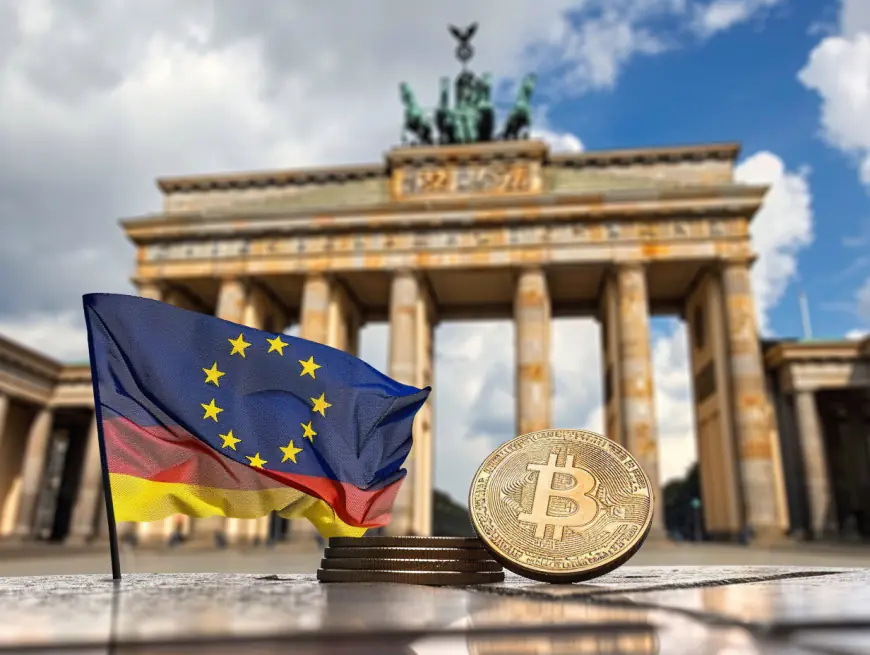Germans show openness to digital euro: survey reveals
A recent survey by market research company forsa, conducted on behalf of the Deutsche Bundesbank, revealed that Germans are open to the idea of a digital euro, though many lack information about it. The survey involved 2,012 participants and revealed mixed levels of awareness and understanding. Also read: Coinbase targets Germany as new regional talent […]

A recent survey by market research company forsa, conducted on behalf of the Deutsche Bundesbank, revealed that Germans are open to the idea of a digital euro, though many lack information about it. The survey involved 2,012 participants and revealed mixed levels of awareness and understanding.
Also read: Coinbase targets Germany as new regional talent hub in European expansion strategy
Up to 50% of respondents are willing to use the digital euro as an additional payment method, the survey finds. This willingness extends even to those who were previously unfamiliar with the concept.

Despite this openness, only 41% of respondents had encountered information about the digital euro, while 59% needed to be made aware of it. Privacy concerns were a significant issue, with over three-quarters of participants viewing privacy protection as a top priority.
Bundesbank addresses privacy concerns
Privacy concerns are similar to those seen with China’s digital yuan, where users often convert the digital currency to cash immediately after receiving it. To address these concerns, the planned offline version of the digital euro aims to offer privacy protections akin to those of cash. Deutsche Bundesbank President Joachim Nagel reassured that central banks in the Eurosystem are committed to protecting user privacy more effectively than current commercial payment solutions.
Also read: Digital Euro moves forward in ECB’s two-year preparation phase
The survey also showed that 72% of respondents believe the digital euro should be based on a European infrastructure, ensuring independence from global political events.
Misconceptions about the digital euro replacing cash were prevalent, with 15% of respondents thinking it would replace cash and 12% believing cash would be phased out. Burkhard Balz, a member of Deutsche Bundesbank’s Executive Board, clarified that cash remains a fundamental product of the bank and will not be removed.
Digital euro could launch in 2028 or 2029
The digital euro project, first introduced by the European Central Bank (ECB) in July 2021, aims to develop a secure electronic payment instrument that complements the current forms of the euro. Following two years of research into its design and distribution models, the ECB progressed to the next phase in October 2023.
The preparatory phase will continue until October 2025, when a decision on further preparations will be made. According to President Joachim Nagel, the digital euro is expected to launch by 2028 or 2029, with privacy protection being a key focus during the preparation period.
What's Your Reaction?









































































































